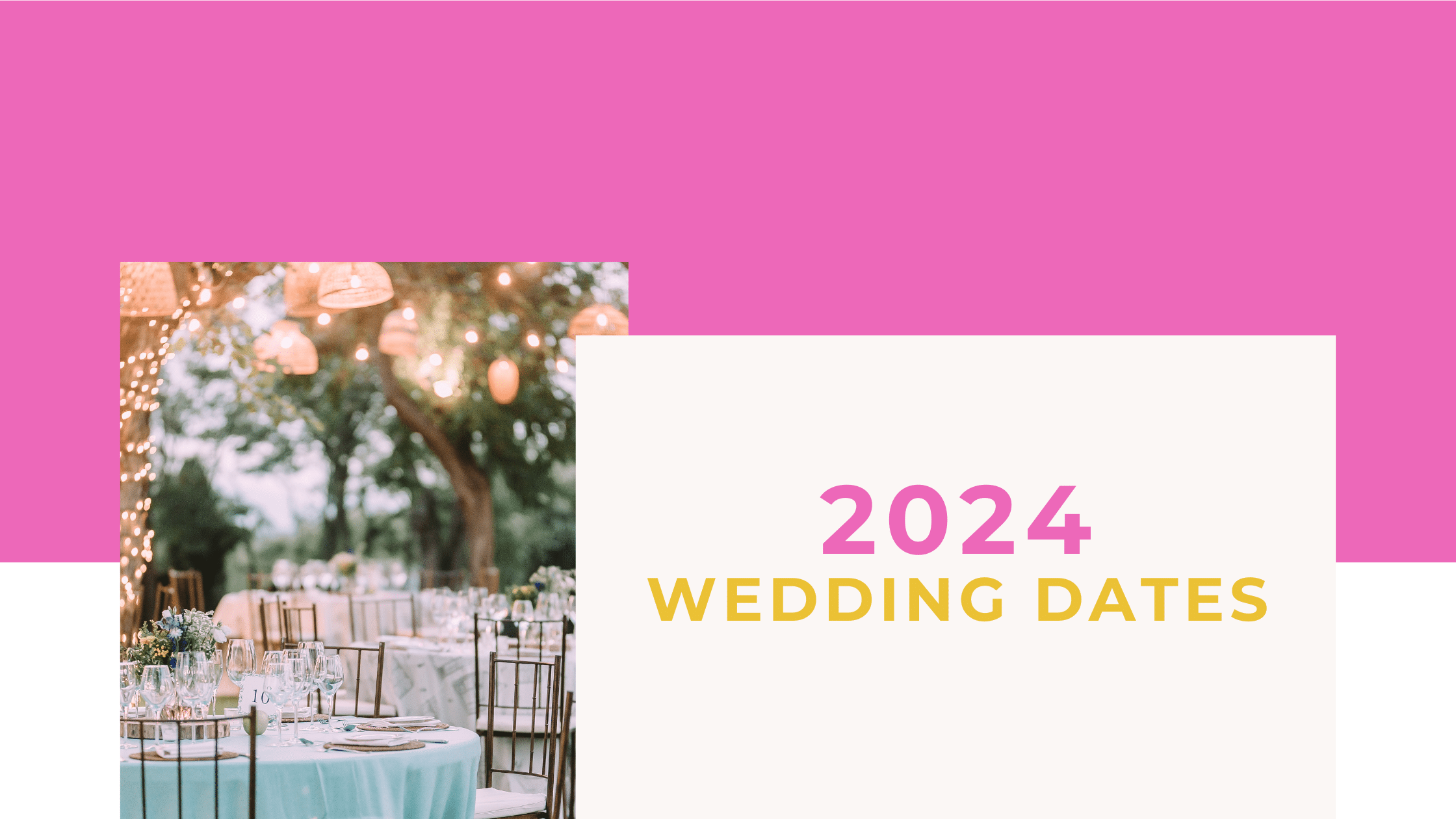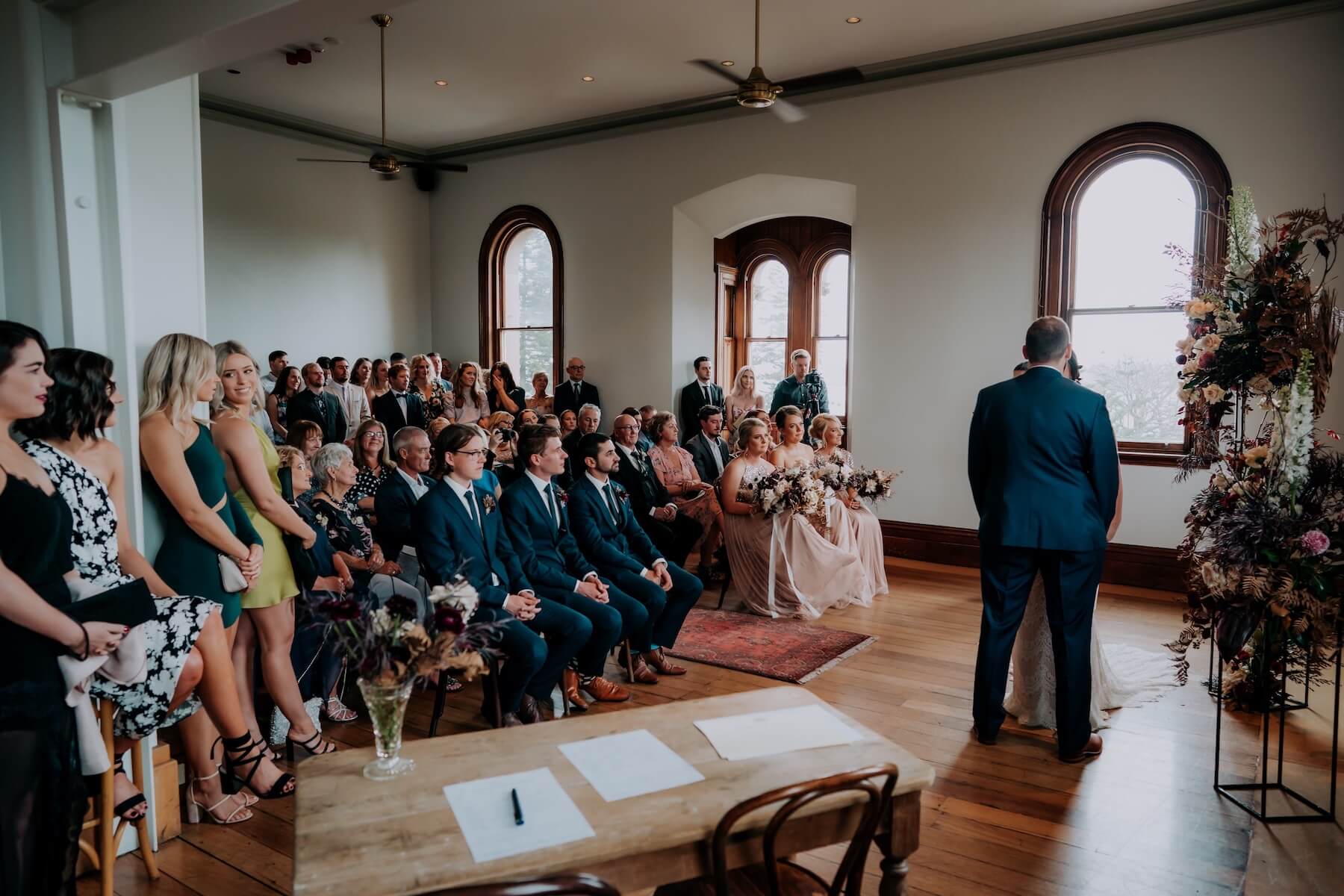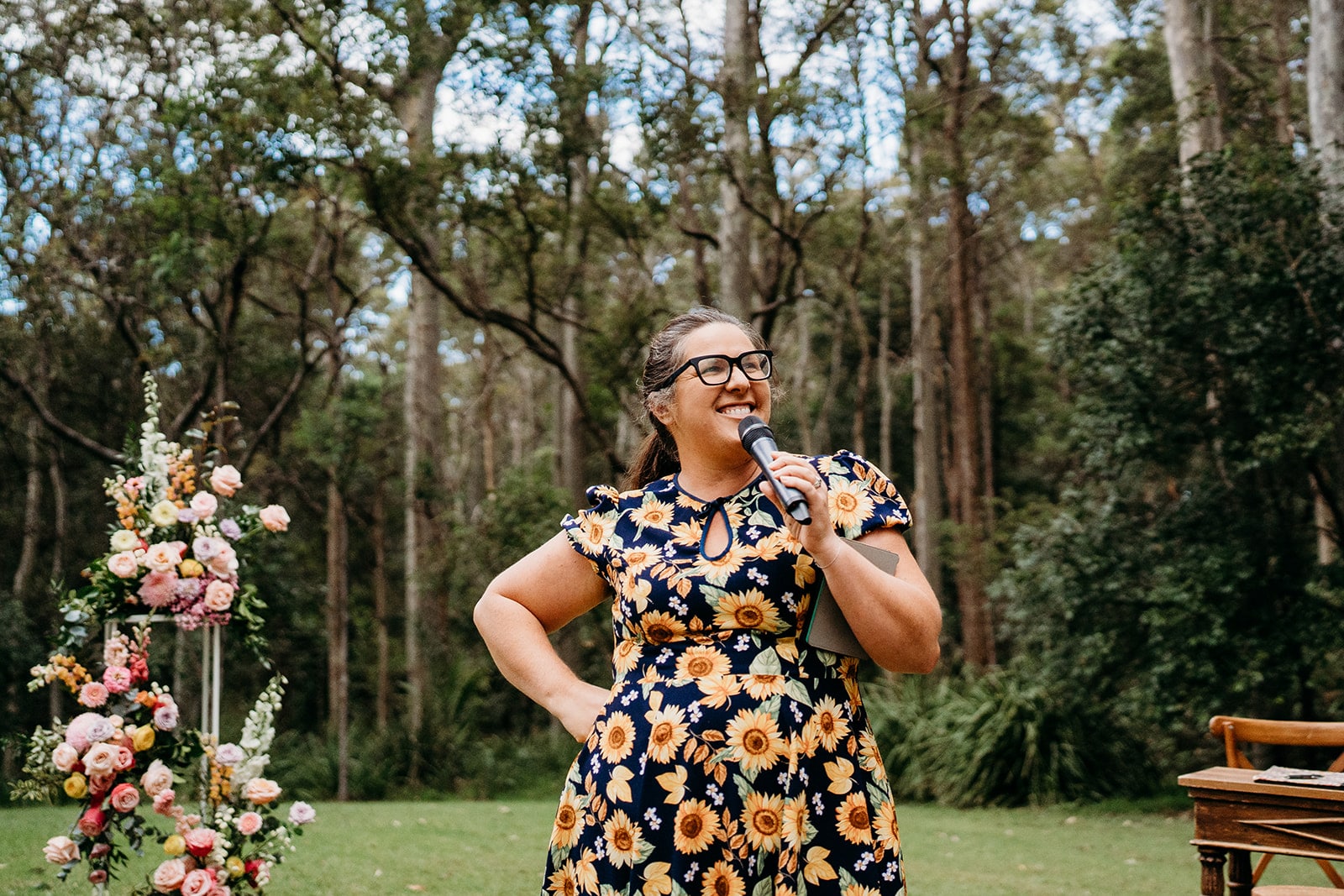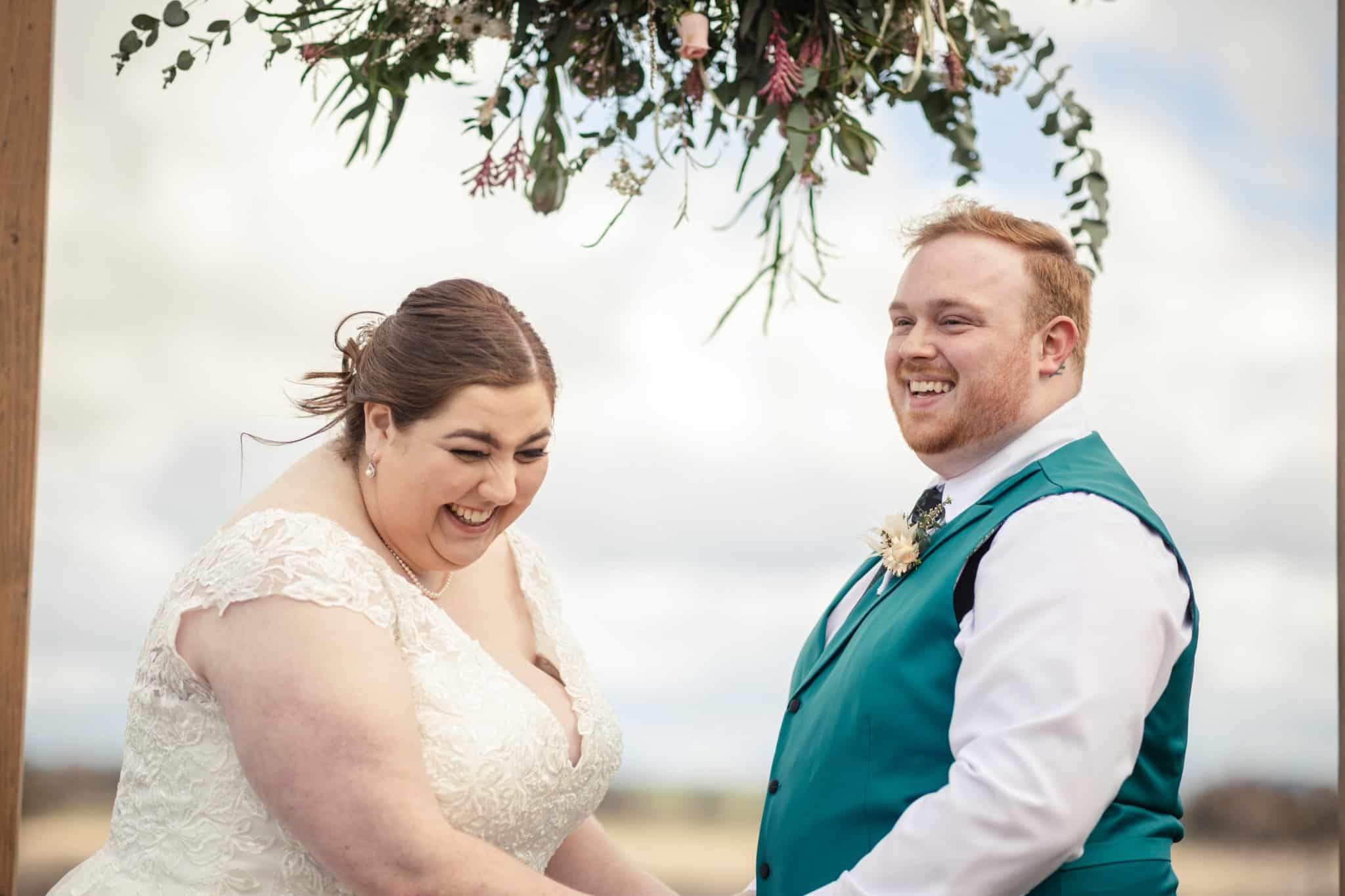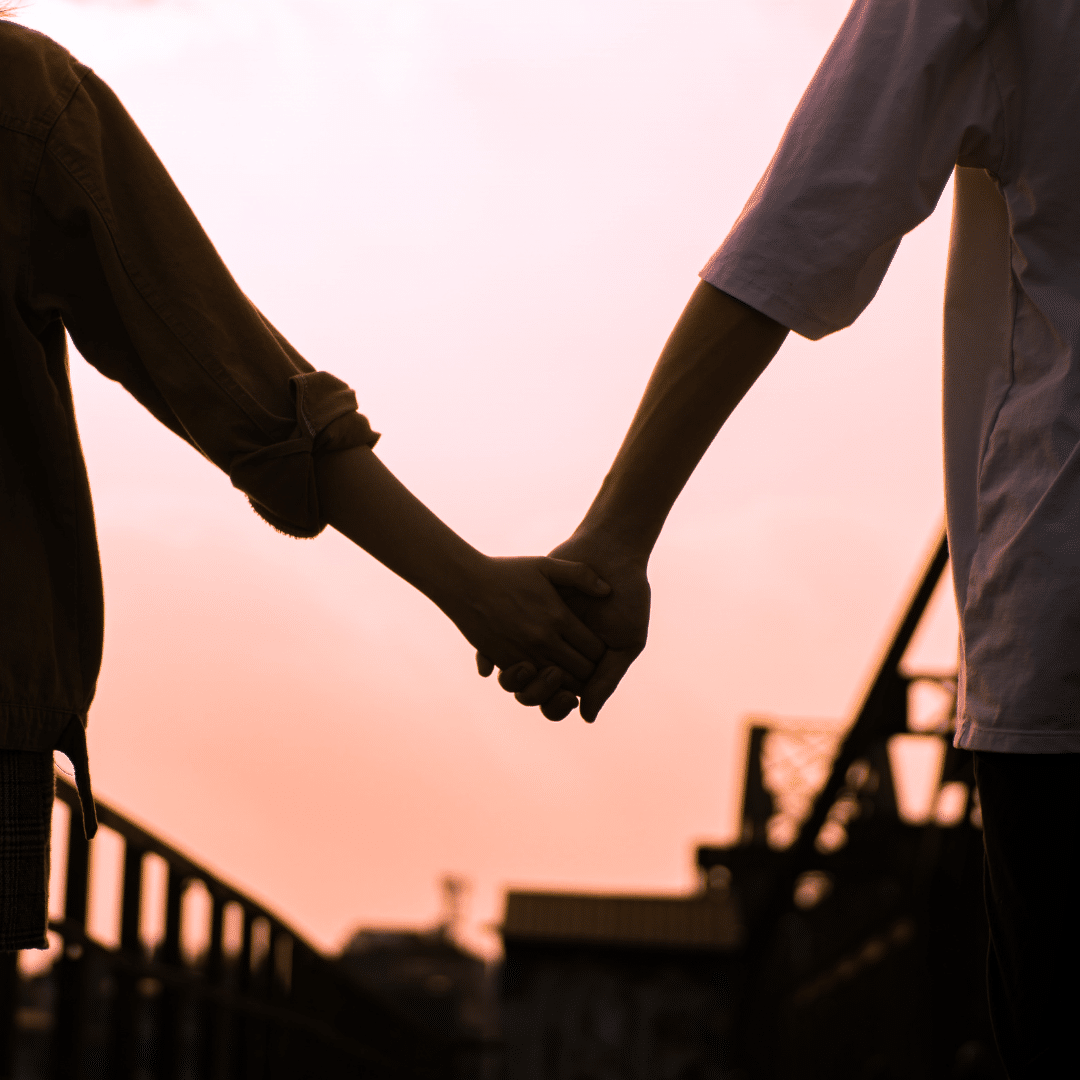I know of a celebrant who arrived at a wedding at 2:30pm because she was told by the couple the wedding was to start at 3:00pm. This celebrant was distressed when 3:00pm came and went and there was barely anyone at the ceremony (including the groom). The groom arrived at 3:15pm along with a lot of guests and the bride, smiling and happy walked down the aisle at 3:40pm. Meanwhile, the celebrant was in a complete tizz, stressed and distracted because she couldn’t figure out what had happened.
Turns out the bride had always intended the ceremony to be at 3:30pm (and to be walking down the aisle at 3:40pm) she had just told the celebrant 3pm so “the celebrant would not be late to the wedding.”
I’ll go into the specifics of why this kind of tactic is a bad idea a little later down the page BUT let’s set the expectation of what time the celebrant should arrive at the location of the ceremony.
What does the celebrant code of practice say?
Nothing too specific but it does say that the celebrant should
arrive at the venue for the marriage ceremony no later than the time agreed with the parties;
Code of Practice for Marriage Celebrants
So, when talking to your own celebrant this is something that should either be stated in their booking contract or agreed to verbally and in writing so that there is a clear understanding of when the celebrant will arrive.
Where it gets a little trickier, but not unmanageable, is when the celebrant agrees to perform two or three marriage ceremonies in a day. The code states in the event of multiple ceremonies the celebrant should:
be available at the venue for each marriage ceremony at least 20 minutes before the agreed commencement of each ceremony (unless, in the case of consecutive ceremonies, the ceremonies are to be held at the same venue);
Code of Practice for Marriage Celebrants
As a couple, we get that you’re excited, and a little stressed and nervous about your wedding day. So you are keen to make sure there are as few “hiccups” as possible. What a lot of couples can easily forget is that the celebrant has often been a) doing ceremonies for a number of years and b) doing them regularly. So with some experience under their belt, a good celebrant is perfectly capable of arriving to a ceremony 20 minutes prior to the agreed time, setting up and introducing themselves to the key players all within a matter of minutes.
Now you know the general gist, what time do I arrive at the ceremony?
Well, I’m a virgo so despite what my contract says I’m probably going to be at the ceremony location about 30 minutes prior to kick off. That said, my contract says I will arrive 20 minutes prior to the ceremony start time.
Ceremony start time versus guest arrival time.
Ceremony start time and the time you put on the invites might be different. Sometimes couples ask their guests to be at the ceremony early, for a celebratory drink or even pre-ceremony canapes. A celebrant will based their arrival on the start time of the ceremony, not the guest arrivals or any other time.
Ask your celebrant, not other vendors.
A lot of venues provide couples with a timeline of events, based on how weddings days “normally” go. And that can be super helpful for couples who have zero experience in planning a wedding. However, you should always check with the celebrant. It’s all well and good for a venue coordinator to have written in that the celebrant will arrive an hour before the ceremony, but that may not be how your celebrant does things.
Don’t lie to your celebrant.
Remember the story at the start of the article. I can guarantee you internally that celebrant was pretty annoyed and trying to do her best for a couple that had frustrated her. Sure, delays happen and we all get that but deliberately misleading your celebrant to make sure they arrive shows a lack of trust and respect and if that IS the case – why did you hire them in the first place?
Fashionably late is not a thing.
People say that, but it’s not. When putting together a wedding, you are coordinating a whole bunch of vendors. Everything from the actual venue, to musicians, celebrants, stylists, photographers and all the other bits and pieces. Be honest with them. If the ceremony start time is 3:30pm but you want to allow 10 mins for any late guests to arrive, communicate that to all your wedding services. They can then base what they have to do off that time. In terms of celebrants, it is not unusual to find a “late clause” in their contract which will tell the couple how long they will wait past the agreed ceremony start time before the leave to any other ceremonies.
I’ll put this into context. If you hire a photographer for a 4 hour packages, but on the day decided you would like to stay an extra hour -they would probably have in their contract or negotiate with you for an additional fee, and no one would blink an eye. With your celebrant you are making an agreement that things will happen at a certain time, and they are basing the rest of their day on that agreement being met, that may include having another ceremony or just somewhere else they need to be at a set time. So, breaking that agreement can have financial consequences or mean that the celebrant may have to leave to meet their other commitments, and return to perform your ceremony at a later time.
How long does a wedding ceremony go for?
Well, that does depend on your celebrant, but answering for myself the actual talking is around 20 minutes but we allow 30 minutes for all the added extra bits (walking in, signing, music etc)
Can you Marry Online In Australia?
Whilst the majority of couples meet online, can you marry online in Australia? Read on to find out.
The Best Dates To Get Married in 2024
The best dates to get married in 2024 will book out fast, so if you’re locking each other down in 2024 lock these dates down too.
How To Find The Perfect Celebrant
How to choose the perfect Celebrant sidekick for your wedding. Hints, tips and questions to ask.
What Does a Celebrant Say at a Wedding?
Ever wondered what magical words the celebrant waves around? Well, they’re like the wedding maestros, conducting the love symphony. They spill the beans on your love story, throw in some sweet anecdotes, and sprinkle a dash of wisdom.
Newcastle Celebrant: Wed By Kez
Are you searching for the perfect celebrant to bring your dream wedding to life in Newcastle? Look no further than Wed By Kez, your trusted, friendly, fun and professional celebrant for custom and personal wedding ceremonies.
Marriage Ceremony V Commitment Ceremony: What’s the Difference?
A marriage ceremony and a commitment ceremony are both declarations of love, but what are the differences?

